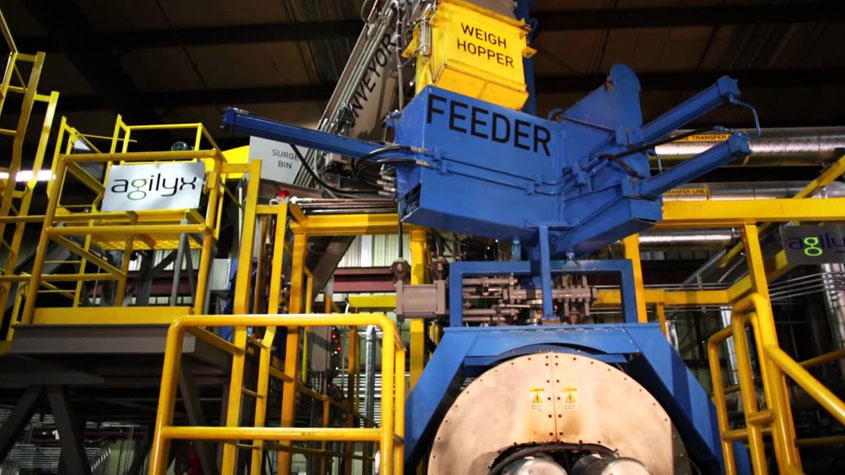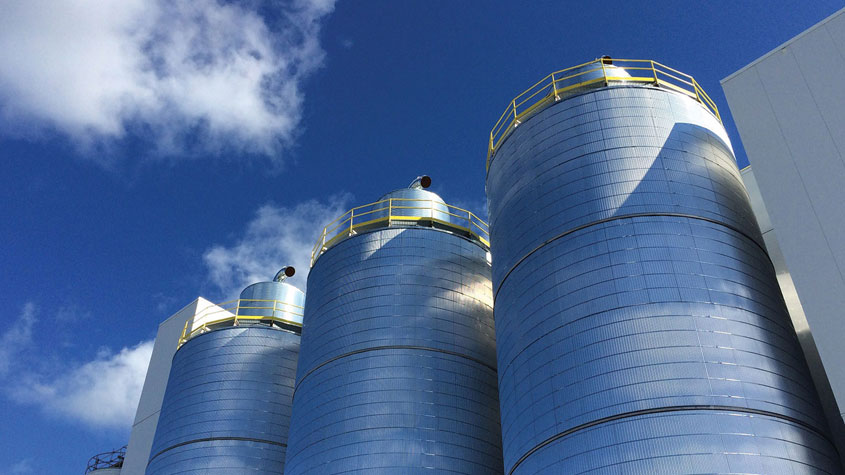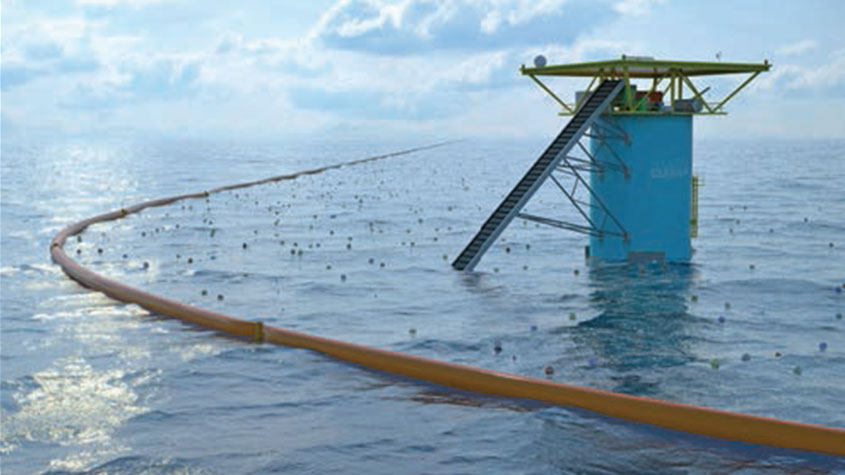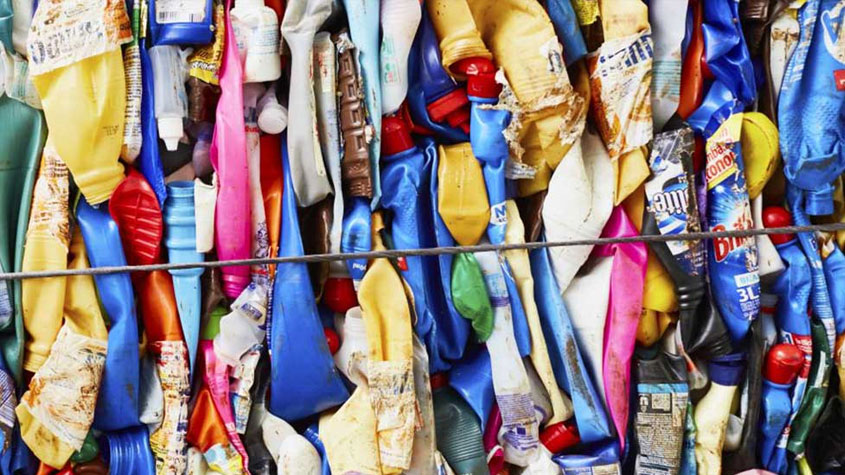DIC to set up PPS compounding in US; Asahi Kasei to expand Li-ion battery separator plants in US/Japan
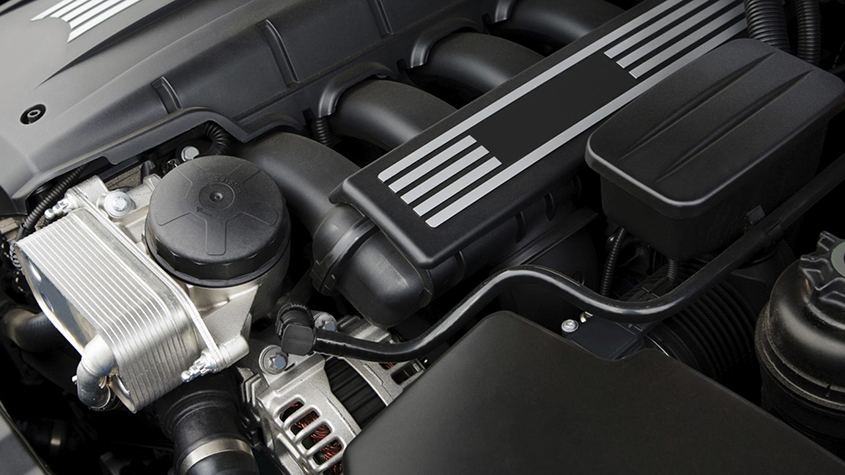
Sun Chemical and its parent company, DIC Corporation, will build a new production line for its polyphenylene sulphide (PPS) compounds at its DIC Imaging Products USA facility in Oak Creek, Wisconsin.
The new PPS compounds production line will be the company’s first in North America and is scheduled to begin operation in the fall of 2020. Combined with four other manufacturing sites located in Japan, China, Southeast Asia and Europe, the investment in North America will increase DIC Corporation’s overall annual PPS compounds production capacity by 3,000 tonnes to 46,000 tonnes.
“The decision to establish a production line in the United States is our response in meeting the expanding demand for PPS in North America and ensures a stable supply, shortened lead times and reinforces our ability to develop products that satisfy the quality requirements of our customers,” said Mehran Yazdani, President of Sun Chemical Advanced Materials.
Valued for its excellent heat and chemical resistance as well as dimensional stability, PPS compounds are super-engineered plastics that are used widely as an alternative to metal materials in automotive components and other products.
The global market for PPS compounds is expected to be 20% higher in 2021 than in 2017 as the volume of PPS compounds used in vehicle electrical systems and hybrid/electric vehicles—which contain a significant number of components that require superior heat resistance—continue to grow worldwide.
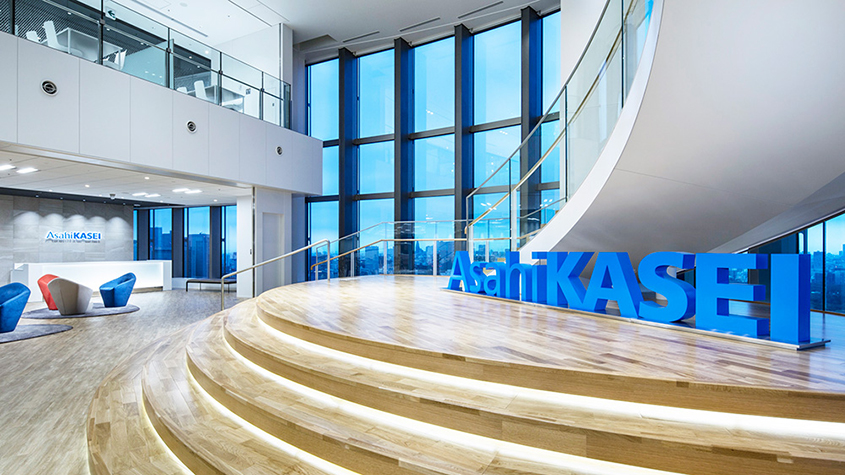 In other news, Japan’s Asahi Kasei will enhance its manufacturing infrastructure for Li-ion battery (LIB) separators in Moriyama, Shiga, Japan, and North Carolina, US, with completion scheduled for the first half of fiscal 2021. The separator is a thin microporous film of polyolefin placed between the cathode and anode of lithium-ion batteries. It prevents contact between the electrodes which would cause shorting, while allowing lithium ions to pass between the electrodes.
In other news, Japan’s Asahi Kasei will enhance its manufacturing infrastructure for Li-ion battery (LIB) separators in Moriyama, Shiga, Japan, and North Carolina, US, with completion scheduled for the first half of fiscal 2021. The separator is a thin microporous film of polyolefin placed between the cathode and anode of lithium-ion batteries. It prevents contact between the electrodes which would cause shorting, while allowing lithium ions to pass between the electrodes.
Rapid growth of the LIB market is primarily driven by automotive applications due to increasing demand for electric-drive vehicles and by energy storage systems (ESS) due to greater adoption of renewable power sources.
Asahi Kasei, the world’s leading LIB separator manufacturer, supplying both wet-process and dry-process separators with its Hipore and Celgard products, has been proactively expanding this business.
These measures will result in a 300 million sq m/year rise in wet-process capacity and a 150 million sq m/year rise in dry-process capacity, for a total increase of 450 million sq m/year.
Plant expansions currently in progress will raise total capacity to 1.1 billion sq m/year upon completion in fiscal 2020, with wet-process capacity increasing to 700 million sq m/year and dry-process capacity increasing to 400 million sq m/year.
Completion of the measures announced will further raise Asahi Kasei’s total LIB separator capacity to 1.55 billion sq m/year in fiscal 2021, with wet-process capacity increasing to 1 billion sq m/year and dry-process capacity increasing to 550 million sq m/year.
In accordance with forthcoming demand trends, Asahi Kasei intends to raise its total LIB separator capacity, including both wet and dry processes, to 3 billion sq m/year around 2025 in order to meet the growing needs of customers.
Teknor Apex Announces NEW Monprene® TPEs
Teknor Apex Announces NEW Monprene® TPEs with 60% Post-Consumer Recycled Content, Reducing…

